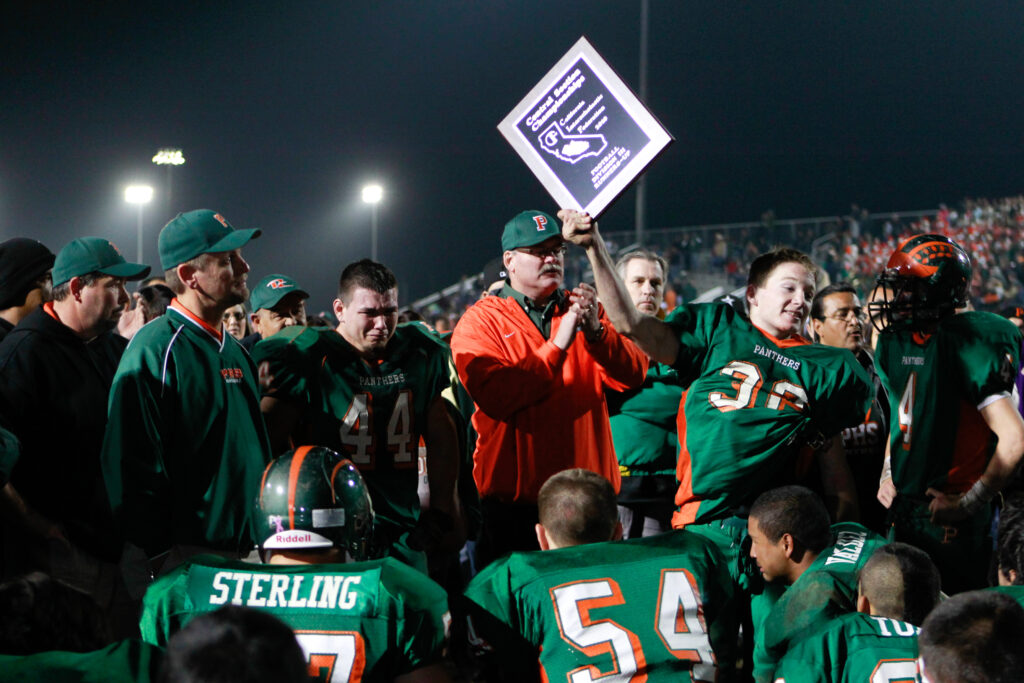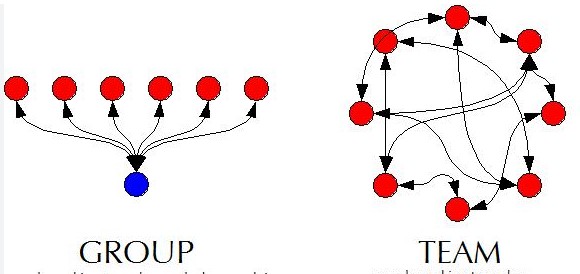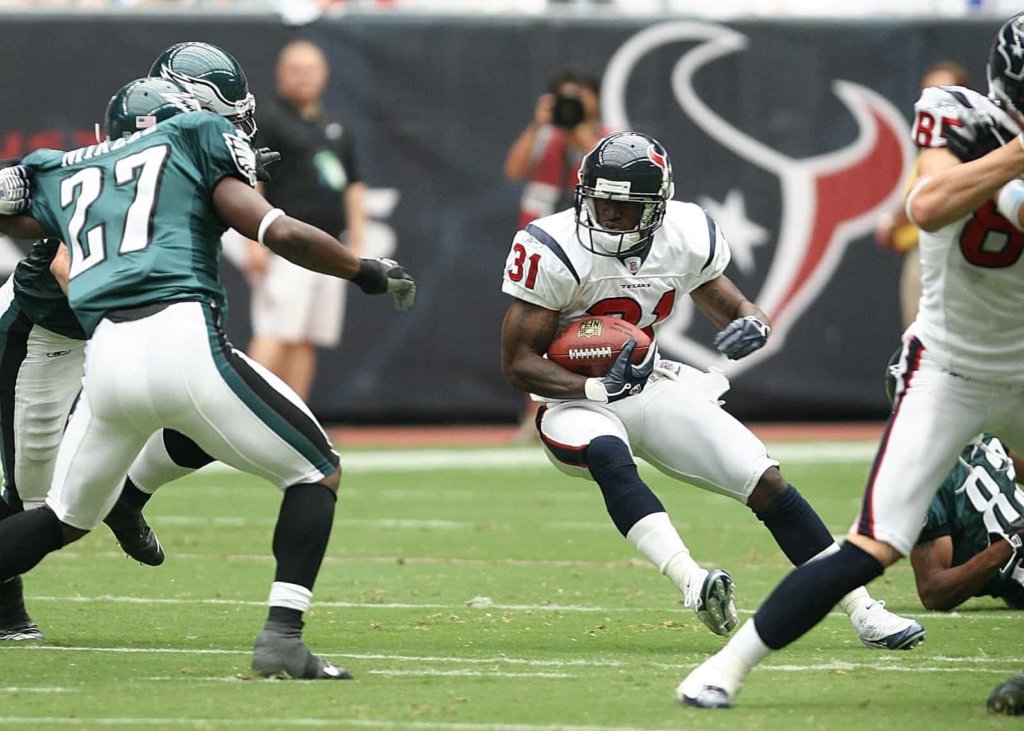Unlocking the Potential Of Today’s Student-Athletes: 6 Vital Strategies
My grandmas voice has grown louder and louder as I have gown older. I can hear ‘ole Johnny Mae’s voice everytime I enter a conversation:
“RICKY GOD GAVE YOU 2 EARS AND ONLY 1 MOUTH FOR A REASON.”
Families have changed dramatically over the past two decades, as over 65% of the homes only have one parent. And the remaining houses with 2 parents lack conversation due to social media, cell phones, cable TV, and video games. Hell, does anyone eat dinner at the dining room table any more?
For teenagers, the absence of attentive parents can be a significant challenge. Our players need us to listen. To model what an actual conversation sounds like. Listening is crucial to building strong, meaningful relationships. Show them that you care by lending an ear and truly hearing their perspectives. This simple act can help foster a deeper connection and build trust, which is essential to supporting their growth and success.
3. Raising the Bar
In today’s world, kids are seeking greater challenges and pushing themselves to be their best. They want to be like their favorite athlete that they see on TV, social media, and YouTube.
Social media has created a competitive environment where kids are always striving to do better.
Don’t shy away from raising the bar for your team. By challenging your athletes to reach higher, you are sending a message of belief in their abilities and inspiring them to work harder.
4. Rewards Based on Performance: Encouraging Excellence
We are coaching the “INSTANT GRATIFICATION” generation. Kids have grown up being rewarded for things they didn’t fully earn. To truly motivate student-athletes, it’s essential to recognize their efforts and reward them based on their performance. Competition and positive reinforcement can keep them engaged and motivated to continue working hard. Additionally, it’s important to offer both praise and constructive criticism in a balanced manner, using praise to reinforce good behavior and criticism to help correct mistakes.
IMPORTANT: Praise in Public, Criticize in Private. Shout Praise, Whisper Criticism.
5. Competence in Your Field: A Key to Building Trust
The internet has made it easier than ever for kids and their parents to access information and seek out the best coaches and teachers. Kids are so much more knowledgeable than when we were growing up.
To be an effective mentor and motivator to your athletes, it’s essential to be competent and knowledgeable in your field of expertise. Stay up-to-date on the latest developments and best practices in your sport, and strive to be an expert in your area of coaching. By demonstrating mastery and expertise, you will build trust with your athletes and inspire them to achieve their full potential.
Kids have to trust that you know what you are talking about.
6. Innovation in Motivation
Keeping your athletes engaged and focused requires a willingness to adapt and try new things. Repeitition and practice is good, but avoid monotony and repetition that can dull their attention. Mastering a certain skill or strategy thru repetition does NOT mean doing the same drill every day. Make the drill harder. Tweak it a bit. Find a different drill that uses the same muscle movements.
By changing things up and keeping them guessing, you’ll create a dynamic and exciting environment where your athletes remain motivated and engaged. Whether it’s through creative drills, new strategies, or other.
Change Things Up. Keep It Fun.






Responses